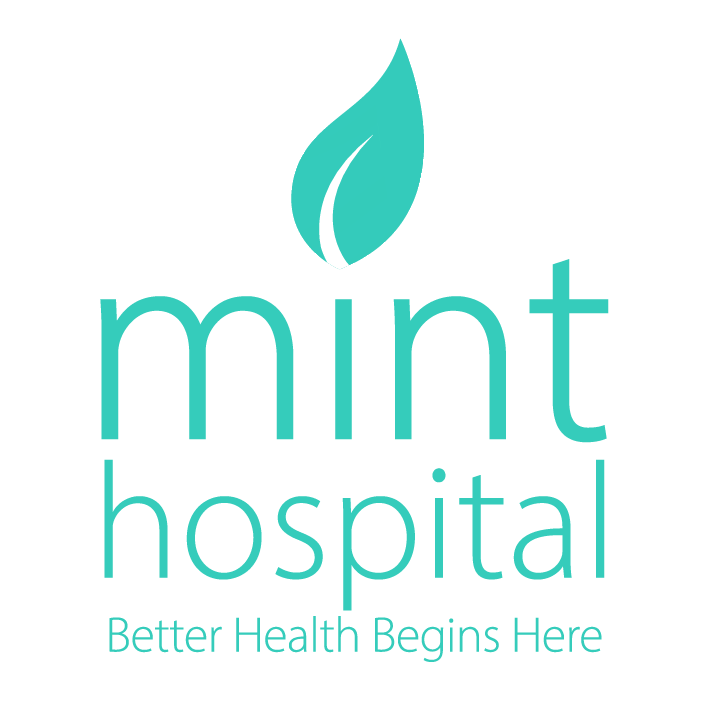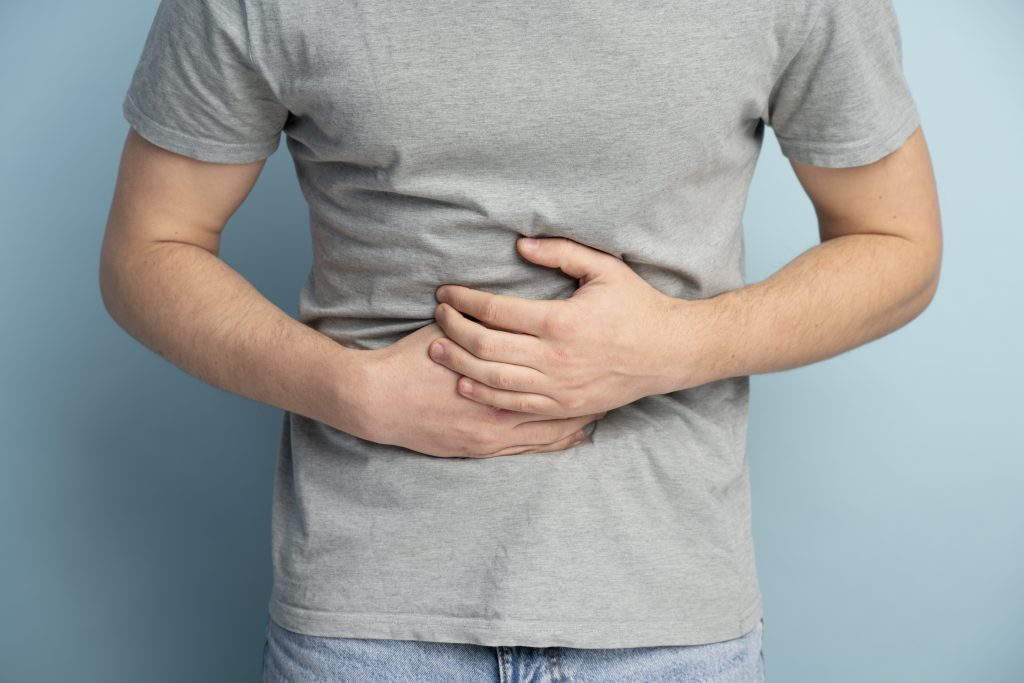How to recognize the signs of an enlarged liver
An enlarged liver, as the name suggests, is a liver that is bigger than normal. It is not a disease in itself but is the sign of an underlying medical condition such as liver disease, heart issues or cancer. Hepatomegaly is the medical term. Finding and addressing the condition’s root cause is a key component of treatment. Visit a Multispeciality Hospital in Chennai if you are experiencing any of the symptoms mentioned in the article.
Symptoms
A swollen liver may not show any symptoms in itself but when liver disease causes an enlarged liver, the following symptoms may appear:
- Pain in the abdomen
- Exhaustion
- vomiting and feeling queasy
- Jaundice, or yellowing of the skin and eye whites,
- When to consult a physician
There is also a chance for you to experience other symptoms like jaundice, loss of appetite, and stomach pain. These are also associated with hepatomegaly, so it is advisable for you to make an appointment with your doctor if you are concerned. Mint Hospitals are well-equipped to deal with your liver-related concerns.
Reasons for the enlargement of the liver
There are numerous reasons why a liver may grow. The upper right section of your belly contains the liver, a big organ shaped like a football. Age, sex, and body size all affect liver size. It can expand due to a variety of factors, including:
- Liver disorders
- cirrhosis
- Hepatitis is brought on by infectious mononucleosis or by a virus, such as hepatitis A, B, and C
- Fatty liver disease that is not alcoholic
- Alcohol-induced fatty liver disease
- Amyloidosis is a condition that results in the accumulation of aberrant proteins in the liver.
- A hereditary condition known as Wilson’s disease results in the buildup of copper in the liver
- a condition called hemochromatosis results in the buildup of iron in the liver
- A condition called Gaucher’s disease that results in the buildup of fatty substances in the liver
- Liver cysts are fluid-filled pockets in the liver.
- hepatic tumours that are not malignant, such as hemangiomas.
What are the risk factors for an enlarged liver?
If you have liver disease, you have a higher chance of developing an enlarged liver. Your risk of liver issues may be raised by the following factors:
- excessive drinking. Excessive alcohol use may be harmful to your liver.
- high dosages of vitamins, minerals, or medications. Your risk of liver damage may rise if you take higher than advised dosages of vitamins, supplements, over-the-counter (OTC), or prescription medications.
- In the US, the most frequent cause of acute liver failure is acetaminophen overdose. In addition to being a component of over-the-counter (OTC) pain medicines like Tylenol, it is included in over 600 prescription and OTC treatments.
- Understand the ingredients in the drugs you take. Examine the labels. Search for “APAP,” “acetaminophen,” or “acetam.”
- Some herbal supplements contain components that are harmful to the liver and can result in liver disease when taken for a prolonged period of time. Contrary to the common understanding that herbal supplements are harmless, they contain cohosh, ma huang and valerian which are toxic and known to accumulate in your liver over time.
- A number of infections that are bacterial, viral and parasitic may lead to the development of a large liver.
- Hepatitis viruses are also known causes of liver issues.
- Poor eating habits may lead to liver issues. This includes eating a lot of sugar and fat.
How to prevent the risk of liver disease?
It is absolutely essential to follow a healthy diet in order to prevent the risk of liver disease. When we eat items that are unhealthy by any means it impacts the liver. Foods rich in sugar, oil and fat are heavy on the liver. Instead, fruits, vegetables and grains allow the liver to thrive.
- Avoid alcohol regularly. Alcohol is known to take a deep toll on the liver. Excessive alcohol is a known cause of liver failure. Check with a doctor regarding the right amount and frequency of alcohol for you.
- Do not overdose on medications or even exceed the recommended limit. This also holds true for vitamin and mineral supplements. Excessive fat-soluble vitamins and minerals accumulate in the liver.
- Minimize your exposure to chemicals. Only use pesticides, aerosol cleaners, and other hazardous substances in places with adequate ventilation. Put on a mask, long sleeves, and gloves.
- Sustain a healthy weight. Limit items that are heavy in fat and sugar and eat a balanced diet. Consult a dietitian or your physician about the best weight loss strategies if you are overweight.
- Give up smoking. Consult your physician about quitting tips.
- Exercise caution when using supplements. Before using any herbal supplements, discuss the advantages and disadvantages with your doctor. Your liver may be harmed by some alternative medical therapies.
What are the treatments for hepatomegaly?
The treatment for the illness is dependent upon the issue that is causing the liver growth in the first place. The Department of Internal Medicine at Mint Hospital Chennai is skilled in dealing with a vast range of adult diseases including hepatomegaly. Some doctor-recommended treatments include:
- Medications for liver failure or Hep C. This should be undertaken after a consultation with a doctor.
- Chemotherapy, radiation therapy and surgery if the root cause is cancer.
- A liver transplant if the liver is damaged as a result of alcoholism
- Lymphoma and leukemia-associated treatments if diagnosed, this is again dependent upon the degree of spread and one’s general health.
If you are diagnosed with hepatomegaly then you will have to make lifestyle changes to accommodate your condition.
Some restrictions and suggestions include:
- Abstaining from alcohol
- A healthy diet full of fruits and vegetables
- Regular physical activity
- Losing weight if you are obese
Disease outlook
The recovery and treatment of an enlarged liver are dependent upon the cause and severity of the illness. Medications are available to reduce the risk of the illness and to control the symptoms.
In some rare unfortunate cases, the symptoms of hepatomegaly do not appear until much later. In such cases, the diagnosis and subsequent treatment of the issue gets delayed resulting in risks and complications. It is advisable to visit a multispecialty hospital if you are affected by the illness. Mint Hospitals are the best Multispecialty Hospitals in Chennai that conduct a range of tests to help work out why you are not feeling well and determine the right treatment for you.


